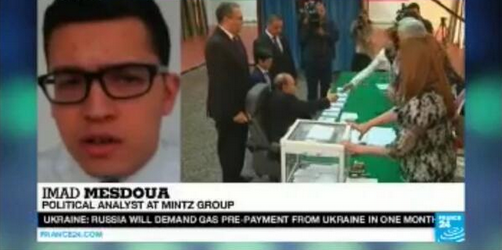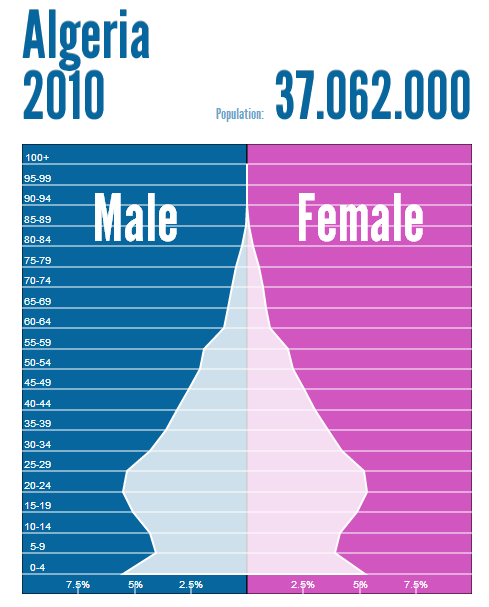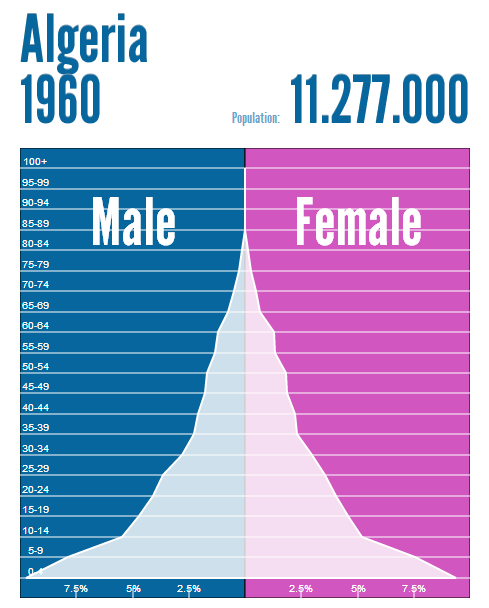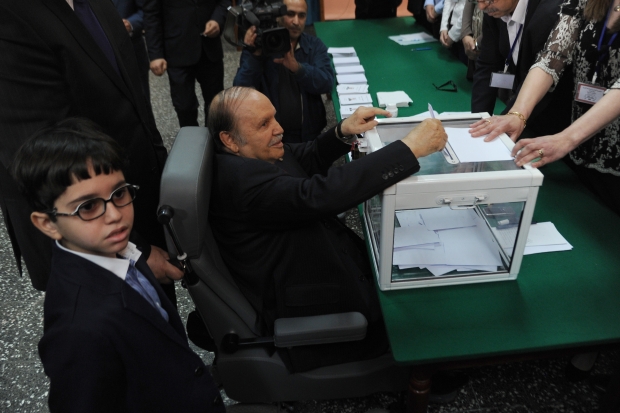Live Blog: Algerian elections
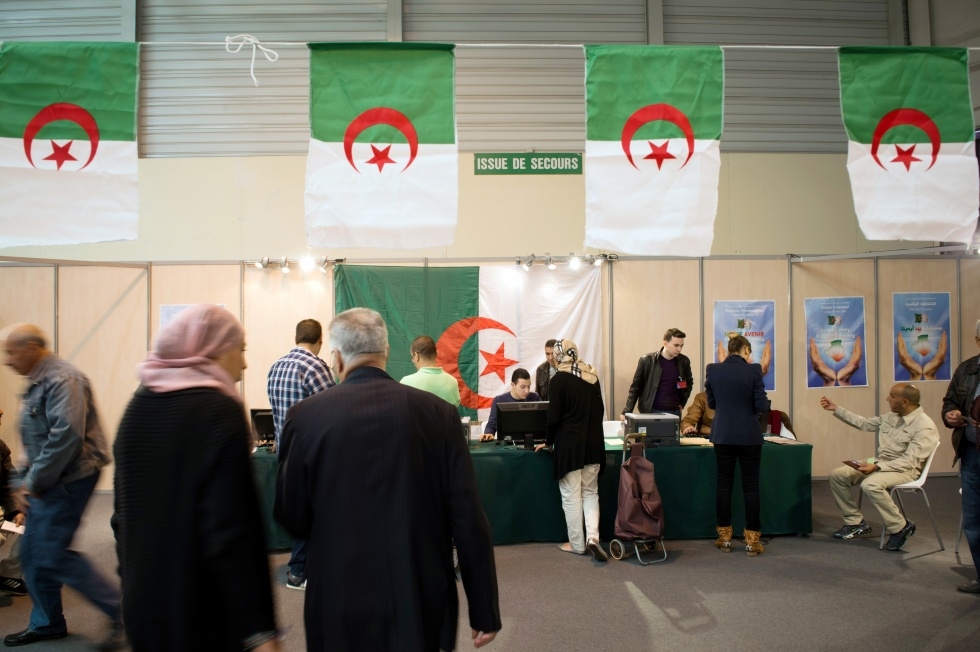
Mises à jour du direct
Clashes erupted in Algeria's restive Kabylie region between security forces and youths opposed to Thursday's presidential election, leaving around 40 people wounded, local sources said.
Separate groups of youths seeking to disrupt voting in the Bouria region, southeast of Algiers, ransacked polling stations in three localities shortly after they opened at 0700 GMT, with the police firing to disperse them.
Forty-one people were injured in the unrest, including 28 policemen, with voting temporarily suspended in the affected voting centres, the sources said.
In the capital, where security forces have been heavily deployed, police arrested five protesters shouting anti-regime slogans, an AFP journalist reported.
Imad Mesdoua a political analyst on Algeria, told France 24:
“Two key things to look out for are the level of turnout throughout the county – which in recent years has been a key factor to assessing these election.
And other key factor is how Benflis reacts to the result… He has army of observers – 60,000 observers according to him - places around country’s polling stations to prevent fraud.”
Mesdoua also blamed the big rift between the aging political elite and the relatively young population for the de-politicisation of the Algerian population, which he believes is already traumatised by the civil war.
Keep following Imad on Twitter for more updates @ImadMesdoua
Earlier today, MEE interviewed Mohamed Zitout, one of the founders of the Algerian opposition group, Rachad Movement. He said of the elections:
"It's very sad where we are at the moment, but we are going to see, if there are demonstrations today . . . The president's health has deteriorated . . . That's never happened before. We have never seen a president in a republic being elected while in this terrible health situation and being on a disabled chair. It gives an idea about the atmostphere. We are like in the end of regime, end of era, but we don't know exaclty what is going to happen. We are escalating torward a chaotic situation which may come in the coming weeks and months."
Algeria has a very young population, which some complain has created mass youth unemployment and disatisfaction. The shift is clear if you compare Algeria's population today, with the population on the eve of independence in 1960
Algeria's population in 2010 from PopulationPyramid.net
Thank you for the heads up, @Imad Mesdoua
Here is a tweet we've received from an Algerian on the ground -- Tell us what you think and what you are seeing @MiddleEastEye
President Abdelaziz Bouteflika cast his vote in a school in El Biar from a wheelchair, with his young nephew and two brothers, Nacer and Said, in tow, according to freelance reporter Massinissa Benlakehal.
Algerians head to the polls today to cast votes in the country's presidential election. President Abdelaziz Bouteflika, who is widely expected to win, faces five challengers, four of whom have previously run against him.
They are former prime minister, Ali Benflis; Louisa Hanoune, a member of parliament; Moussa Touati, a former soldier and founder of the Algerian National front; and Ali Fawzi Rebaine, who co-founded the country's first human rights group. A fourth candidate, Abdelaziz Belaid, head of the El-Moustakbel Front and also the youngest of the group, is running for the first time.
If elected, this would be Bouteflika's fourth term since taking the helm in 1999. For the past year, he has been in poor health after suffering a mini-stroke and spending three months in a French hospital. Much has been written of his age and the possibility that he may die in office, even if elected. MEE columnist Jeremy Keenan, a longtime observer of Algerian politics, however has been highlighting the more immediate possibility that Benflis may get more votes than Bouteflika. We will be following those developments here and in the days to come.
The elections have brought rare protests to the streets, including those led by a recently found group called Barakat (meaning Enough in Arabic) and an election boycott by several parties. What are Barakat and boycotting parties calling for? And what do Algerians who aren't protesting have to say? Stay tuned here for field reports, photos and interviews with observers throughout the day.


